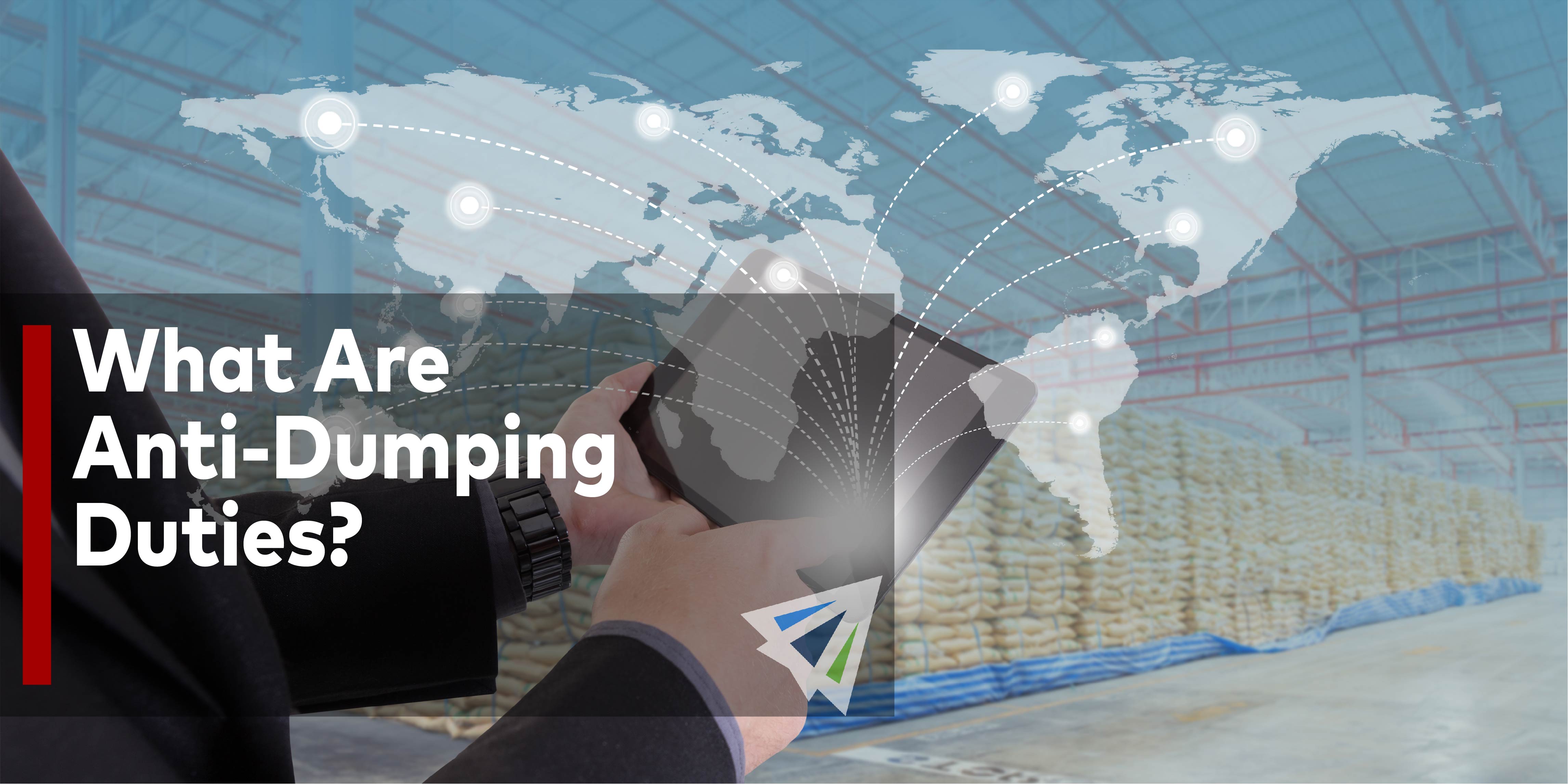If you’ve worked in international shipping for a considerable amount of time, you’re plenty familiar with the topic of duties and tariffs. The government uses duties and tariffs to make money through international trade, as well as to control domestic and international production of certain goods.
When tariffs are high on a particular import product, chances are higher that local producers will begin making the goods on their home turf. When tariffs are low on a particular import product, chances are higher that local customers will purchase internationally.
However, you’ve probably run across the term “anti-dumping duty”. What is it? How does it affect you? To answer those questions, we’ll have to give a quick overview oh what dumping is in the shipping industry:
What is “Dumping” in the Shipping Industry
The big, grandiose purpose of tariffs is to control local vs. international production and sale of goods. Since some countries can produce certain goods at significantly lower costs than other countries, without the assistance of tariffs, certain countries could collapse production-based industries in another country’s local market.
This is in essence, the concept of “dumping” in the shipping industry. The word dumping refers to when a company exports a product at a lower price than it normally charges in its own home market. In other words, the country receiving the product is taking it in at what it deems to be a lower-than-fair market price. This poses huge issues for producers and manufacturers in the receiving country, as it makes competition difficult if not impossible. This is when anti-dumping duties are enacted.
How Do Anti-Dumping Duties Work?
Anti-dumping duties are enacted when a local government believes an imported product is being sold as less than fair market value. The International Trade Commission (ITC) will impose anti-dumping duties based on conclusions issued by the Department of Commerce. And these duties are far from cheap.
In many cases, anti-dumping duties will exceed 100% of the cost of the goods. This type of tariff is intended to save jobs in local areas and prevent all purchases and production from being outsourced to international locations. Unfortunately, the down-side to this is that costs end up being significantly higher for local buyers, as the government puts a restriction on below-fair-market-value sale of international products.
Involvement of the World Trade Organization
The World Trade Organization is in part responsible for the laws surrounding anti-dumping duties. All affiliated countries lobby for general restrictions around taxation on below-fair-market-value imported goods, leveling the playing field for local and domestic manufacturers and reducing the risk of international production overhauling domestic jobs in the manufacture and sale of goods. This is all justified by the WTO’s fair-market principles, enabling governments to enact anti-dumping duties whenever it’s seen as fair.
If you have other questions about Anti-Dumping Duties or about international shipments, our team at Interlog USA would be happy to help! Feel free to reach out to us!
